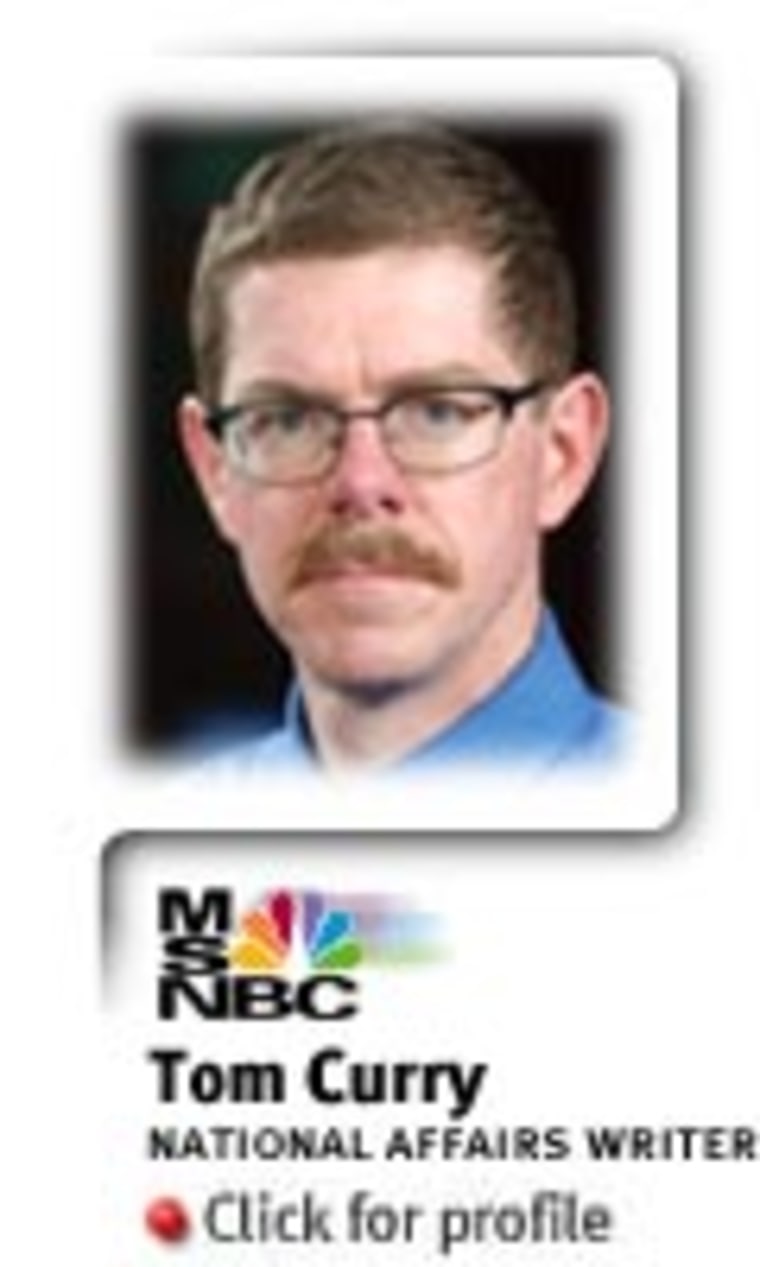“It’s not a conventional campaign,” retired Army General Wesley Clark said in an interview on CNBC’s “Capital Report” Wednesday, as he described his bid for the Democratic presidential nomination. Clark’s military career and his first-ever run for office make him a most unconventional contender. But more than one month into his candidacy, Clark has set forth mostly conventional proposals that don’t do a lot to differentiate him from the other Democratic hopefuls.

IN HIS CNBC INTERVIEW and in an address in Manchester, N.H., on Wednesday, Clark discussed his economic blueprint which, like those of Massachusetts Sen. John Kerry and Connecticut Sen. Joe Lieberman, proposes to rescind income tax cuts for higher-income Americans.
“What we need to do is use the resources that have been given away in the tax cuts to families making over $200,000 a year,” Clark told “Capital Report” co-host Gloria Borger. “We need these resources to create jobs in America.”
Clark has already proposed to create jobs by hiring more Coast Guard, Customs, and other law enforcement personnel, by funding projects to secure ports, bridges, and tunnels against terrorist attacks, and by buying equipment to detect biological and chemical attacks.
He has also revived an idea proposed by Senate Democratic Leader Tom Daschle in 2002, to provide a tax credit that will make it less costly for employers to add new workers to their payrolls.
In addition, Clark wants to give more federal money to the states so that they will not increase state university tuition levels and so that local government need not raise property taxes.
Congress has already sent $20 billion this year to state governments to help them plug their budget gaps.
Clark also identified a few agencies he would like to see eliminated, such as the Commerce Department’s National Telecommunications and Information Administration.
STILL MULLING OVER IDEAS Some of the paucity of unorthodox ideas from the Clark campaign so far may be explained by his late entry into the race. He is still mulling over proposals that he will unveil in the weeks ahead.
For instance in his speech Wednesday, Clark said, “we need a tax system that is simpler, fairer, more progressive, and more pro-growth. I am currently studying options to reform the tax code, and will put forth my ideas in the coming weeks.”
In his CNBC interview, Clark also promised to offer a proposal to deal with energy supplies and a plan to address health care in the weeks ahead.
Another reason Clark has not offered unorthodox ideas is that he thinks he must re-assure Democrats that he is one of them. He has repeatedly said he is pro-choice, pro-affirmative action, and “pro-environment.”
In his CNBC interview, Clark once again affirmed his solidarity with Democratic orthodoxy by saying that if he were president he would veto the bill to outlaw a procedure known as partial-birth abortion that the Senate passed Tuesday.
Seventeen Democratic senators — almost all of them from Southern and Midwestern states that President Bush carried in 2000 — voted for the ban, while 31 Democrats, including Kerry and Lieberman, voted against it.

Kerry and Lieberman have attacked Clark for his late conversion to the Democratic Party. Kerry has criticized his May 11, 2001, speech to a Republican dinner in Little Rock in which he Clark praised Defense Secretary Donald Rumsfeld, Vice President Dick Cheney and President Bush as a “great team.”
Perhaps with that speech in mind, Clark stepped carefully when Borger asked him point-blank Wednesday whether Rumsfeld should resign.
Clark replied, “I’m saying you need new leadership in the Department of Defense,” which amounts to the same thing as calling for Rumsfeld to quit — but expressed less vividly.
“He’s been pretty cautious thus far about everything,” said Bob Borosage, co-director of Campaign for America’s Future, a progressive Democratic advocacy group. As a novice candidate, Clark is “worried about land mines out there,” Borosage said.
“The question is: What is the Clark message?” said Democratic consultant Jim Duffy. “It has kind of meandered, it is evolving. The question is: How does he distinguish himself from the other candidates? If you read his speeches, sometimes he sounds like an outsider, and sometimes like a very conventional Democratic politician. He feels he must always prove his Democratic bona fides.”
But, Duffy said, “I don’t feel he can win by proving he’s a better Democrat than John Kerry or Dick Gephardt.”
A ‘SISTER SOULJAH’ MOMENT? Like his fellow Arkansan Bill Clinton, Clark may need a “Sister Souljah” moment to define himself.
In the 1992 campaign, Clinton stunned Democratic Party power-broker Jesse Jackson when he assailed Jackson’s Rainbow Coalition for hosting a rap singer known as Sister Souljah who had made racist remarks.
Clinton thus sent a clear signal that he would not kowtow to Jackson, a move that won white working-class voters to Clinton’s candidacy.
If Clark, likewise, were to take an unexpected position it might resonate with Southern Democrats and with the independent voters who make up an crucial part of the electorate in New Hampshire.
Bypassing the Iowa caucuses, Clark has chosen to compete first in the Jan. 27 New Hampshire primary one week later.
In the latest poll of likely Granite State primary voters released Tuesday by Franklin Pierce College, Clark drew the support of 7 percent, way behind Howard Dean’s 33 percent. In another recent New Hampshire poll, Clark pulled 14 percent.
Although he only became a declared candidate on Sept. 17, Clark is already pretty well-known to the state’s voters: 87 percent tell pollsters they have heard of him.